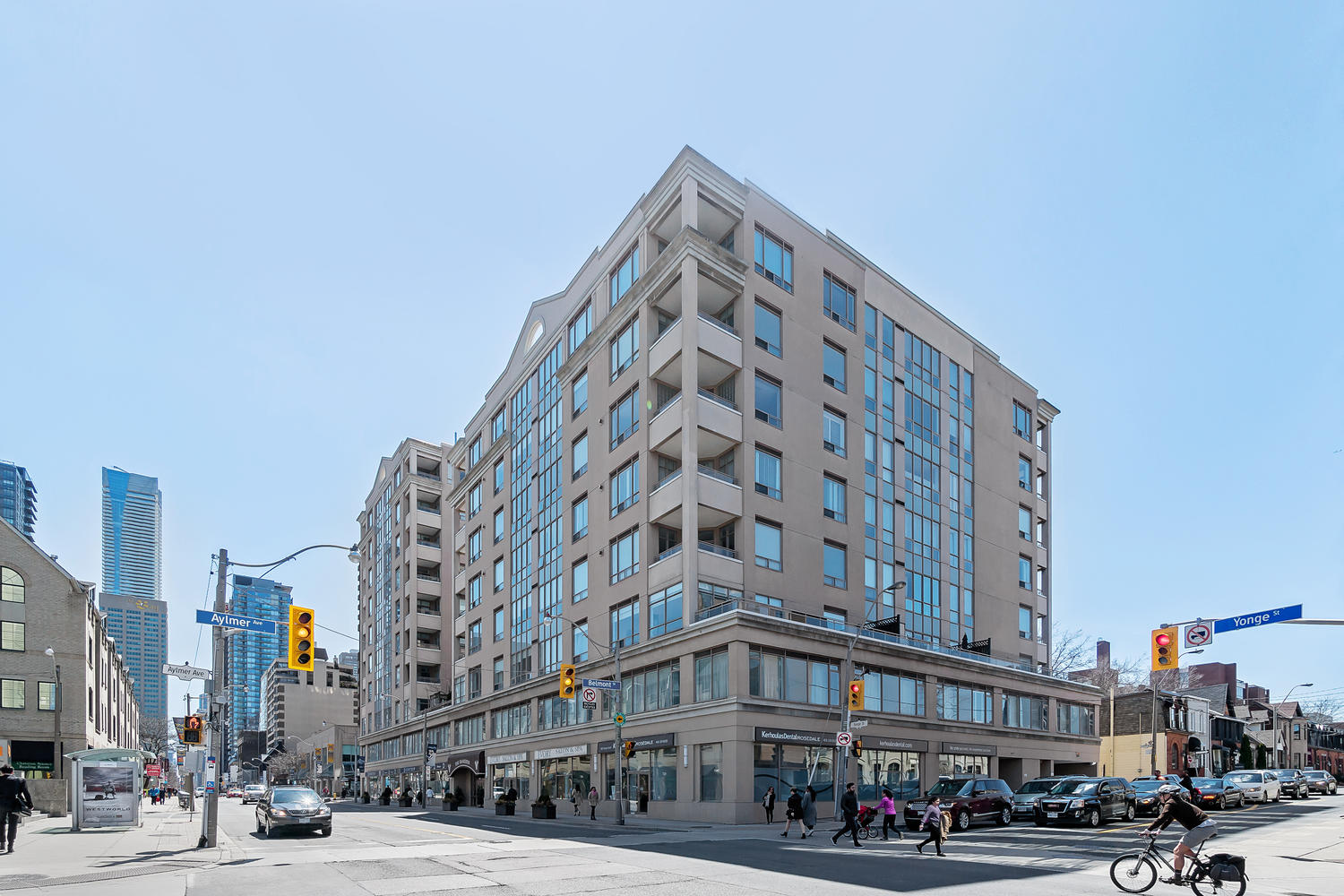The Toronto housing market has experienced shifts in buyer demand prompted by economic factors, lifestyle changes and immigration in the wake of COVID-19. For instance, Toronto’s condo market is currently a buyer’s market, whereas the rest of the market favours sellers.
Given that remote work is a widely available option, many Toronto buyers have been choosing homes based on affordability, often outside of the city, versus being close to their place of work within the core. This migration outside of urban areas has been a common trend across many Canadian housing markets as well as regions abroad, as homebuyers seek more square footage and green space, and less density.
In 2021, the immigrant homebuyer is expected to drive market activity, which includes those coming to Toronto for education purposes, along with the expected influx of immigration from outside the country. Given this trend, condominiums will likely see the most activity in 2021, based on their affordability – particularly for first-time homebuyers.
Outside of the downtown core, the condominium market has been relatively balanced since the start of COVID-19, based on buyers looking for more space while still being mindful of budget.
Toronto’s luxury housing market remains largely unimpacted by COVID-19 and is driven by move-up buyers.
Low inventory has been a common trend across many Ontario housing markets in 2020, putting upward pressure on prices. Indeed, the Toronto housing market saw average prices rise to $918,883 in 2020 (Jan. 1-Oct. 31) compared to $819,832 in 2019 (Jan. 1-Dec. 31). Growing demand, low supply and rising prices are expected to impact activity and prices in 2021. Thus, the outlook for Toronto real estate is a six percent increase in average price to approximately $974,015 across all property types.
The Toronto housing market currently has two months of inventory. Housing supply levels continue to decline, and are not expected to improve in 2021, which may push average home prices up.
-With files from Remax.ca







